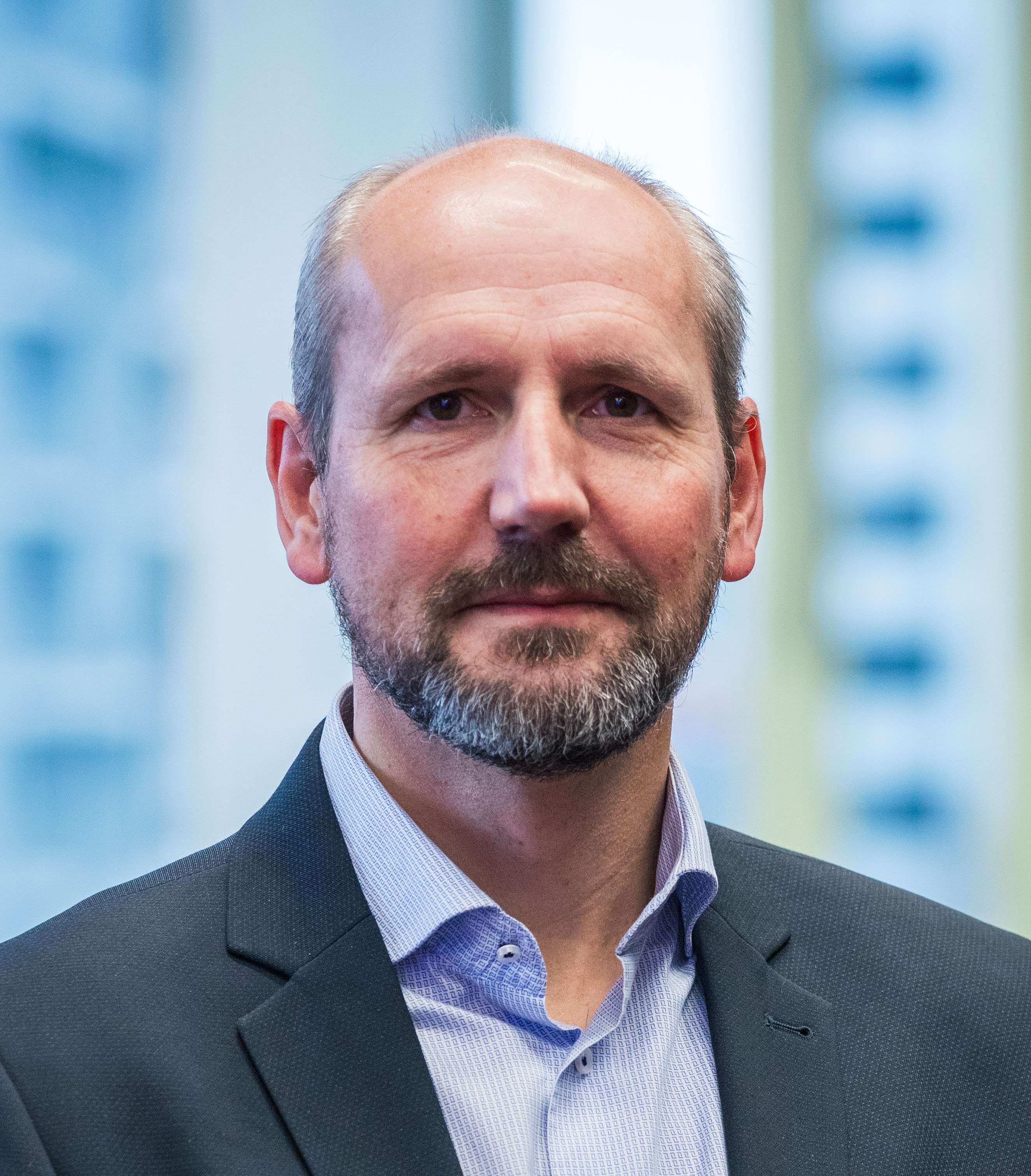 \
&
Contact us
\
&
Contact us
 \
&
Contact us
\
&
Contact us
What DIANA offers
DIANA leverages its acceleration programme and test centre network to bring start-ups together with operational end users, scientists, and systems integrators to advance compelling deep tech with dual-use solutions for the Alliance.
Companies accepted into the DIANA accelerator programme gain access to:
Emerging Disruptive Technologies
Emerging and disruptive technologies are changing the way the Alliance operates in times of peace, crisis, and conflict. To sharpen NATO’s technological edge, Allied nations are working together with the private sector to adopt and integrate new technologies and shape standards.
Among other technology areas, DIANA will focus on big data, artificial intelligence (AI), autonomy, quantum, biotechnologies and human enhancement, energy and propulsion, novel materials and advanced manufacturing, hypersonics and space – specifically where they are dual-use (civilian and defence) and deep tech in nature, and where they can be used to solve challenging defence and security problems.
NATO’s Principles
of Responsible Use*
* for AI in defence applications.
Governance
All NATO nations are members of DIANA. The DIANA Board of Directors is responsible for governance – and comprises representatives from every Allied country.
Investing EUR 1 billion in deep tech to secure the future of the Alliance’s 1 billion citizens
Why
The NATO Innovation Fund (NIF) was created to supercharge the Alliance’s unique innovation ecosystems. Allied talent and research in Science, Technology, Engineering, and Mathematics (STEM) are world-leading, but the market to support deep tech innovation is underfunded. With the NIF, we are creating a commercialisation machine in both the private and public sectors, backing innovators to secure the future for the Alliance's 1 billion citizens.
Focus
The NIF is a standalone EUR 1 billion venture capital fund supporting ambitious founders developing emerging and disruptive technologies. For us, high-impact verticals include artificial intelligence (AI), biotechnology, energy & propulsion, manufacturing, and space. We are passionate about autonomy, hypersonics, new materials and quantum, and want to shore up cutting-edge hardware and software.
Rallying around NATO’s Emerging and Disruptive Technologies (EDTs), our focus will evolve in parallel with today’s rapid innovation environment.
The European Defence Agency (EDA) supports its 27 Member States in improving their defence capabilities through European cooperation. Acting as an enabler and facilitator for Ministries of Defence willing to engage in collaborative, capability projects, the Agency has become the ‘hub’ for European defence cooperation with expertise and networks allowing it to cover the whole spectrum.

mark.antonissen@vlaio.be
+32 2 432 43 05
Security Digital, Industry & Space Cybersecurity Defence
Empowering Diverse Minds to Shape the Future of Global Security Applications are open until 15 November 2024 About the Programme The NATO Chief Scientist Grants Programme is dedicated to fostering excellence in science and technology research. It is committed to supporting groundbreaking projects that contribute to global security a... read more
Security Digital, Industry & Space Digital Europe Cybersecurity
If you are a Company, Research and Technology Organization or Higher Education Institution that is, currently or potentially in the furure, part of the technological and industrial fabric to supply defence and (public) security actors with necessary goods, services and technologies, either directly or indirectly through being part of the value/supp... read more
Security Digital, Industry & Space Digital Europe Cybersecurity Defence
Security AI, data & cloud Cybersecurity Defence EDF
Infosheets contain edited content on aspects related to this programme. They are reviewed at least yearly.
Related links are easy pointers towards external information. We curate the list, but are not liable for the destinations.
Documents contain additional information related to this programme, and are similar to related links.

ChemStream is an innovative chemical R&D company, specialized in translating material problems in sustainable formulations with focus on nano-dispersions, functional coatings and inkjet inks. Within LORCENIS they will develop super absorbing polymers (SAPs) to be mixed within the concrete matrices for improving the active internal curing, self-healing and self-sealing properties of the concrete. Grindig SAPs.
ChemStream bvba and Ghent University are involved in Horizon 2020-project for developing long lasting reinforced concrete for energy infrastructures.